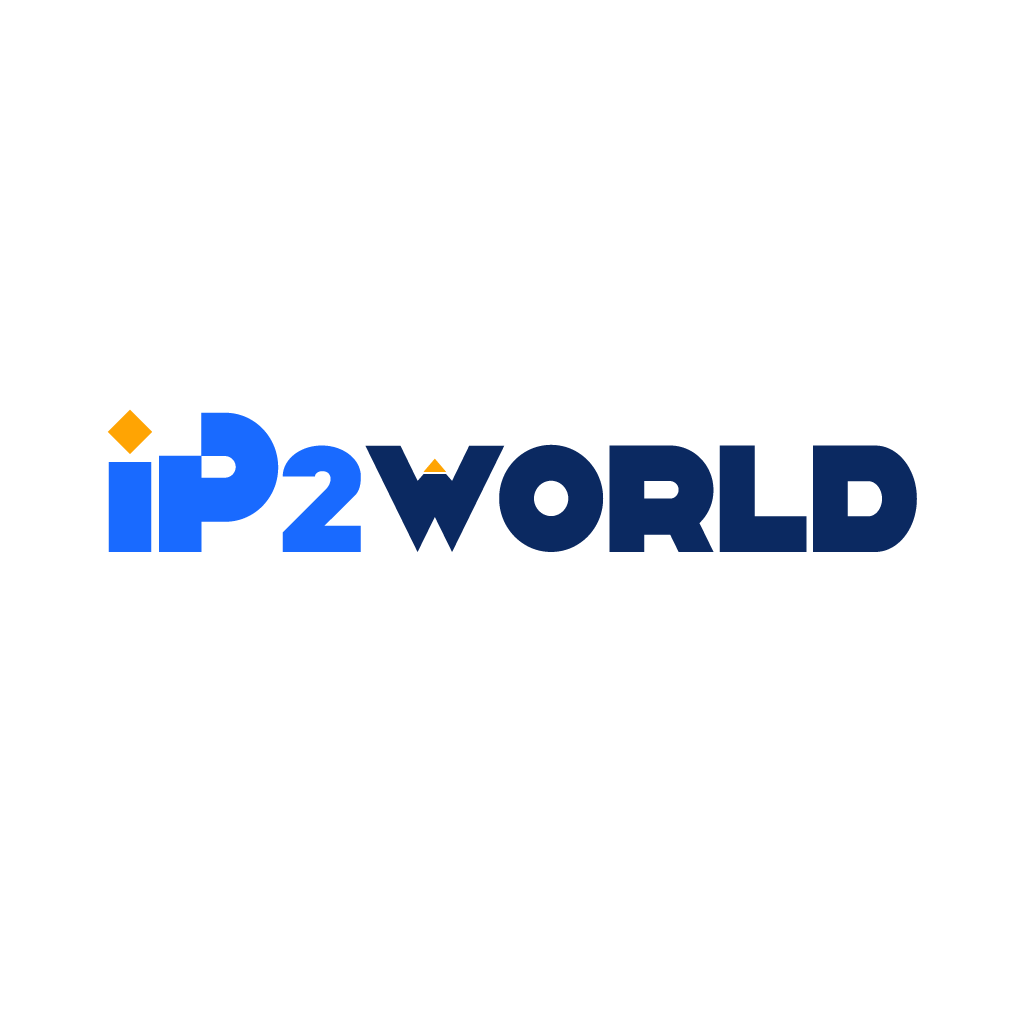In today's digital age, the need for a stable and secure internet connection is paramount. Many individuals and businesses turn to purchasing public IP addresses to ensure reliable access to the internet. However, this practice comes with its own set of risks and considerations that should not be overlooked.First and foremost, it's important to understand what a public IP address is and how it differs from a private one. A public IP address is a unique identifier assigned to a device or network that is accessible from the internet. In contrast, a private IP address is used within a local area network (LAN) and is not directly accessible from the internet. When you purchase a public IP address, you are essentially leasing a unique internet-facing identifier for your device or network.One of the primary risks associated with purchasing a public IP address is the potential for security vulnerabilities. Public IP addresses are more susceptible to cyber attacks and unauthorized access compared to private ones. Hackers and malicious actors often target public IP addresses in their quest to compromise systems and steal sensitive information. Therefore, it is crucial to implement robust security measures such as firewalls, intrusion detection systems, and regular security audits when using a public IP address.Another risk to consider is the potential for blacklisting. Public IP addresses can be blacklisted by internet service providers (ISPs) or other organizations if they are associated with malicious activities such as spamming, phishing, or distributed denial-of-service (DDoS) attacks. If your purchased public IP address has been previously used for such activities, it may already be blacklisted, leading to connectivity issues and reputational damage.Furthermore, there is the risk of non-compliance with regional internet registry (RIR) policies. RIRs are responsible for the allocation and registration of IP addresses within specific geographic regions. When you purchase a public IP address, you must ensure that you are compliant with the policies and regulations set forth by the relevant RIR. Failure to do so could result in the revocation of the IP address and potential legal repercussions.In addition to security and compliance risks, there are also financial considerations to take into account when purchasing a public IP address. The cost of acquiring and maintaining a public IP address can vary depending on factors such as market demand, availability of IPv4 or IPv6 addresses, and the specific requirements of your internet service provider. It's important to weigh the financial investment against the potential benefits of having a public IP address for your particular use case.Despite these risks, there are legitimate reasons why purchasing a public IP address may be necessary for certain applications. For example, businesses may require public IP addresses for hosting web servers, running virtual private networks (VPNs), or enabling remote access to corporate resources. Similarly, individuals may opt for a public IP address to bypass geo-restrictions and access content that is not available in their region.Purchasing a public IP address does come with inherent risks that should not be underestimated. From security vulnerabilities and blacklisting concerns to compliance issues and financial considerations, there are several factors to carefully evaluate before deciding to acquire a public IP address. It's essential to weigh the potential benefits against the risks and take proactive measures to mitigate any potential downsides. By doing so, you can make an informed decision about whether purchasing a public IP address is the right choice for your specific needs.
2024-04-23

